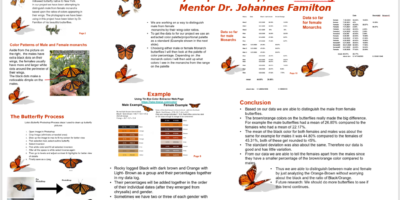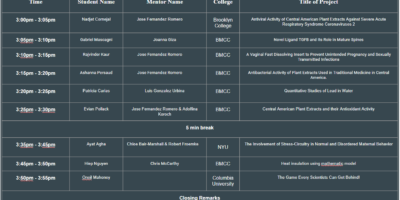 Author:
Author:
Nahiar Nokshi
Mentor:
Christine Farias
Abstract:
Subsidizing factory farms is wreaking havoc on the economy, not only raising waste but also fueling labor inequality. Subsidizing refers to the benefits and assistance that a farm receives from the government. The government is assisting these farms that are causing significant environmental damage using tax dollars paid by residents. These factory farms are bailed out when they overproduce, receive significant financial rewards for production and animal feed, and have access to free research facilities. Nonetheless, these farms provide 37% of methane gas emissions, which is 20 times the global warming potential of carbon dioxide. The purpose of this study is to demonstrate how the economy would benefit from reducing subsidies to factory farms and dairy products, how imposing tax on meat can reduce the demand for meat, as well as how this would affect environmental and social elements. However, the major objective of this article is to demonstrate how lowering factory farm subsidies would benefit both individuals and the economy and how the elasticity of demand for dairy products and meat influence farm revenue. I use open access statistical data to show how cutting farm subsidies might affect our economy positively. I estimated the demand elasticity for both dairy products and beef. I also conducted a brief survey of 28 high school students asking them about their lunch options in their schools. The results indicate that school students are dissatisfied with their school meals and want to have more plant-based choices.

